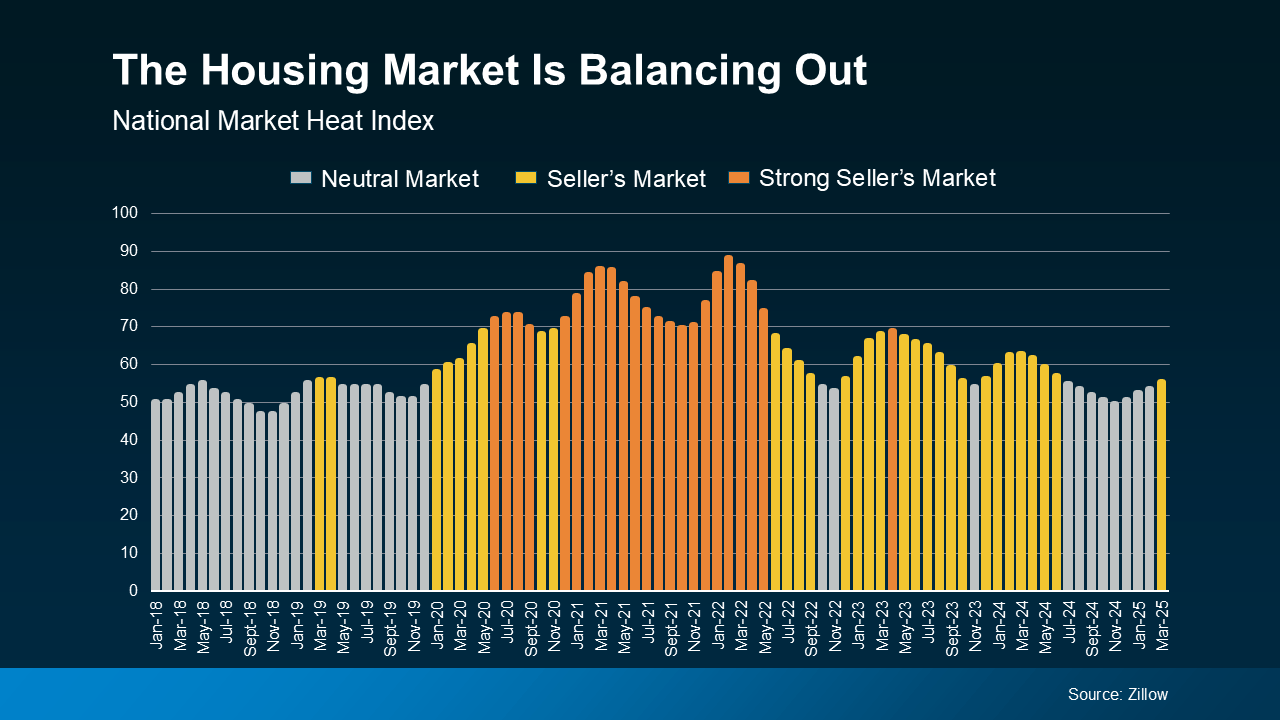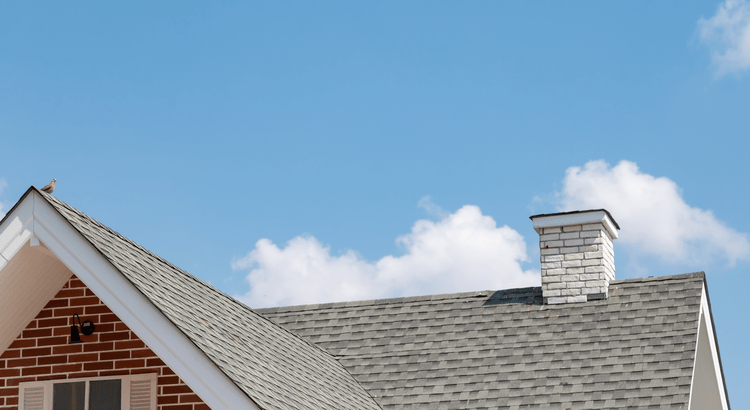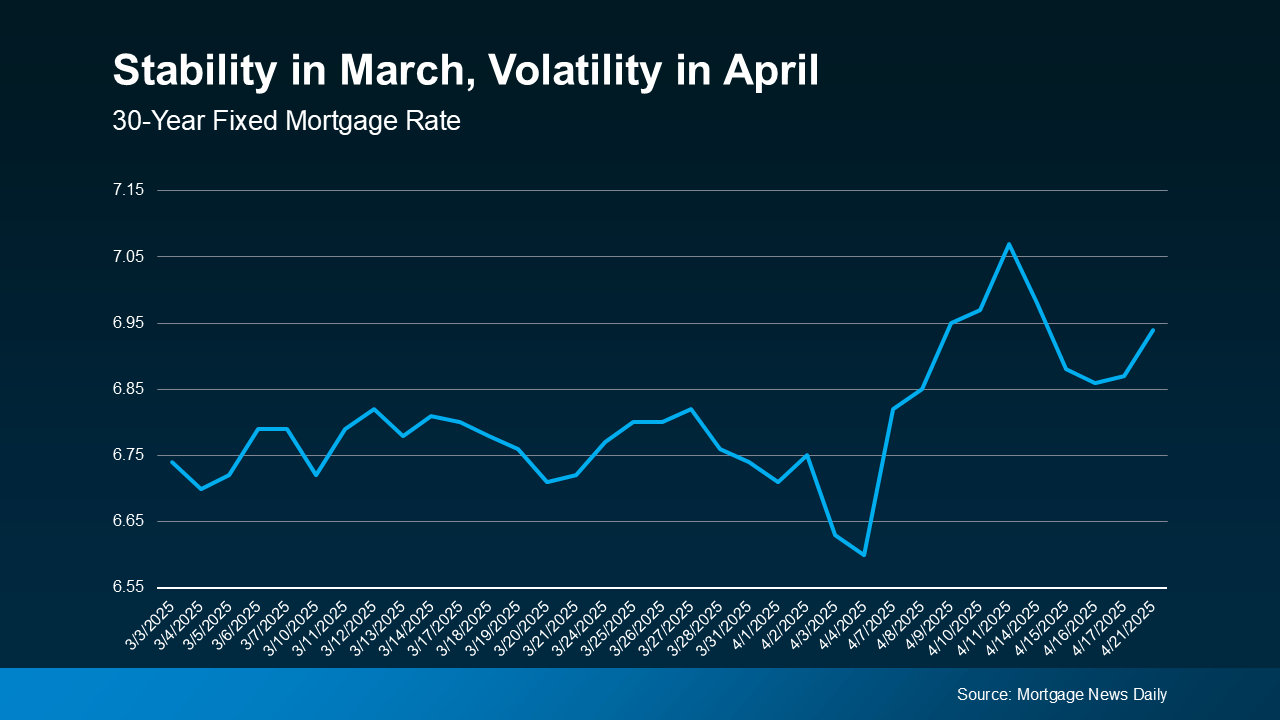
A Tale of Two Housing Markets
For a long time, the housing market was all sunshine for sellers. Homes were flying off the shelves, and buyers had to compete like crazy. But lately, things are starting to shift. Some areas are still super competitive for buyers, while others are seeing more homes sit on the market, giving buyers

The Best Week To List Your House Is Almost Here – Are You Ready?
The Best Week To List Your House Is Almost Here – Are You Ready? If selling your house is on your to-do list this year, the time to start prepping is now. That’s because experts say the best week to list your house is coming up fast. A recent Realtor.com study analyzed years of housing market tre

Future-Proof Designs: Home Upgrades for Longevity, Aging in Place
With most people wanting to age in place—55% of baby boomers have no plans to move, says a Leaf Home and Morning Consult report, 2024 Generational Divides in Homeownership Report. The top reasons for baby boomers staying put include: No need to move (79%) Close to family (34%) Too expensive to mo
Categories
Recent Posts











